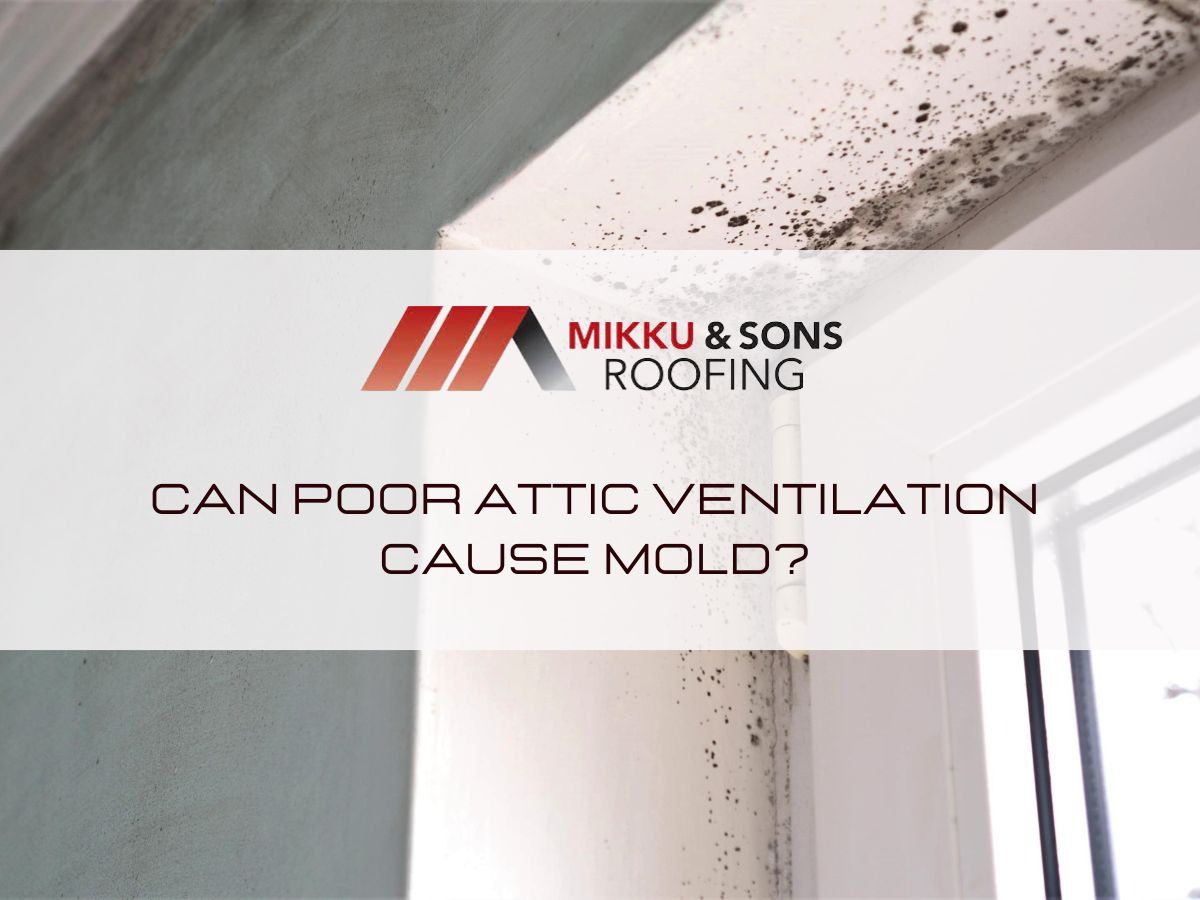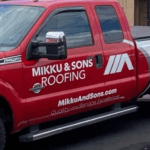

Flat roof systems are more low-slope than completely flat. They have just enough slope to make water move toward gutter and drains to keep it from ponding on the roof. There are several options for a flat roof available when you’re deciding on whether to replace your roof.
This material is rolled on top of your roof’s surface in a single ply. Most previous installations were completed by placing it on the roof and then using a blowtorch to heat it. This poses some risks, so newer materials have been created that stick to the roof after they are peeled off, making it safer. It’s good for the environment due to its ability to reflect the heat and rays from the sun, which will lower your cooling expenses. However, it does have a major negative feature – walking on it can tear the material and cause scuffing.
This material is very affordable, which entices homeowners to use it often as everyone likes to save money. It has a nice, attractive look which usually has gravel on top covering the material. Its constructed of several layers, so it provides more than adequate insulation for your home. But, due to these multiple layers, it weighs more tan other flat systems,. which means you may have to make some structural additions to your framing or structure in order to support it, meaning you’ll have additional expense when choosing to install it. One other drawback is you should not be occupying the property while its being installed, interrupting your families routine and schedule. There is plenty of info to be found online regarding BUR roofing if you need it.
Silicone is the material most often used for sprayed-on applications. And, because its sprayed onto the roof, it is seamless, making it work great in resisting moisture and deflecting the heat from the sun. Since it reflects the sun’s heat and rays, it lowers your utility costs, saving you money. Another big benefit is its contribution to the environment because its applied directly on top of the old system. No need for the occupants to be removed during installation and no need to tear off the old roofing and dispose of it before its applied. There are a few negatives, though – the biggest one being its price, as its more expensive than the other flat options. However, that should be expected from something of high quality with so many positives. Depending on your roof’s configuration and your location, silicone roofing will usually be the most expensive option to choose from.
It’s similar to PVC, because of its single ply, but the main material is not plastic, but rubber. Its extremely durable, but it has a few drawbacks. Adhesives are used to close the seams, which can make them vulnerable to the elements over time, letting moisture get through and causing maintenance and repair issues. Asa result, you will have to pay more attention to routine maintenance and minor repairs than some of your other options.
This material is very reflective and durable. It is extremely water resistant, keeping moisture from pooling. Lastly, the installation process is simple, making it one of the best choices for your flat roof. It may sound like it is similar to spray applied coatings because they do have a lot in common. The biggest difference from other materials, including sprayed-on, is that the seams can lead to failing. Glue or tape is used to connect the seams, and they will deteriorate over time. This allows more water over time to enter your home than a seamless system would.
